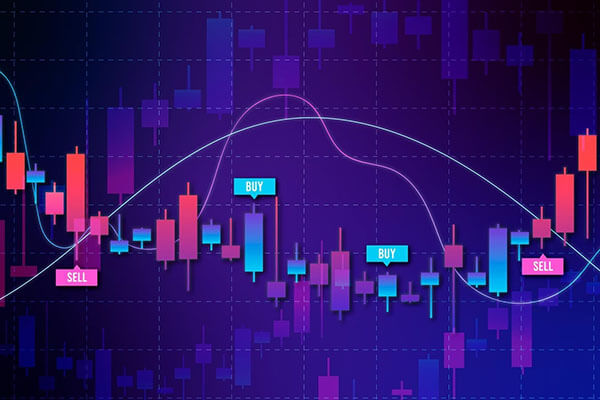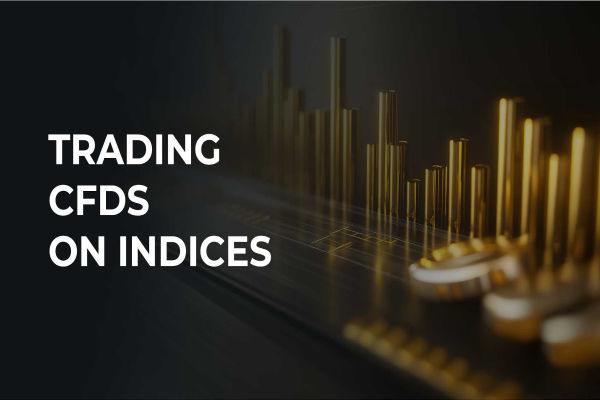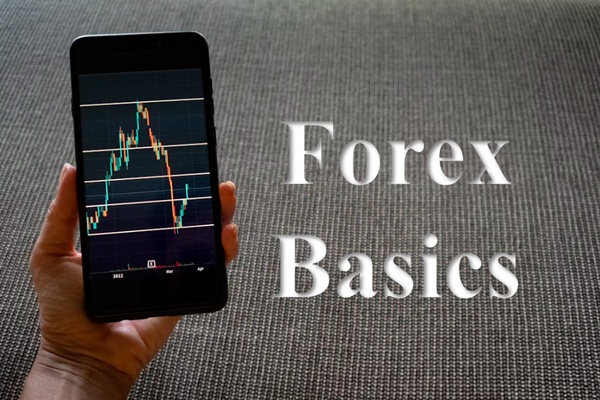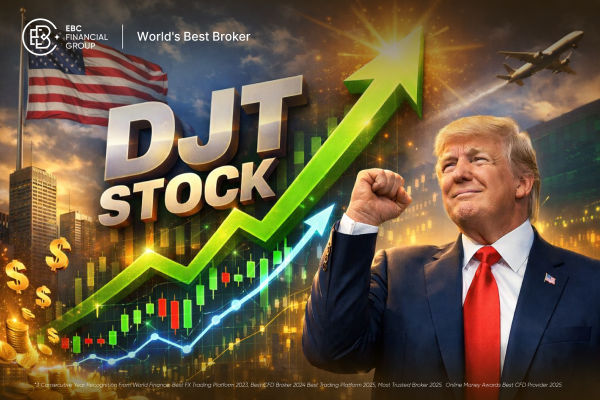In the fast-paced world of trading, where economic policy, interest rates,
and global events, such as the aggressive rate cut announced by the Federal
Reserve this week, can create significant shifts in the financial landscape,
index trading has emerged as a strategic gateway for both novice and seasoned
investors. The S&P 500 and NASDAQ, two of the most recognised options in
index trading, enable traders to navigate market fluctuations while capitalising
on broader economic trends. In this article, we will explore what index trading
entails from A to Z, covering basic concepts, key advantages as well as the
impact of technology in this popular form of trading.
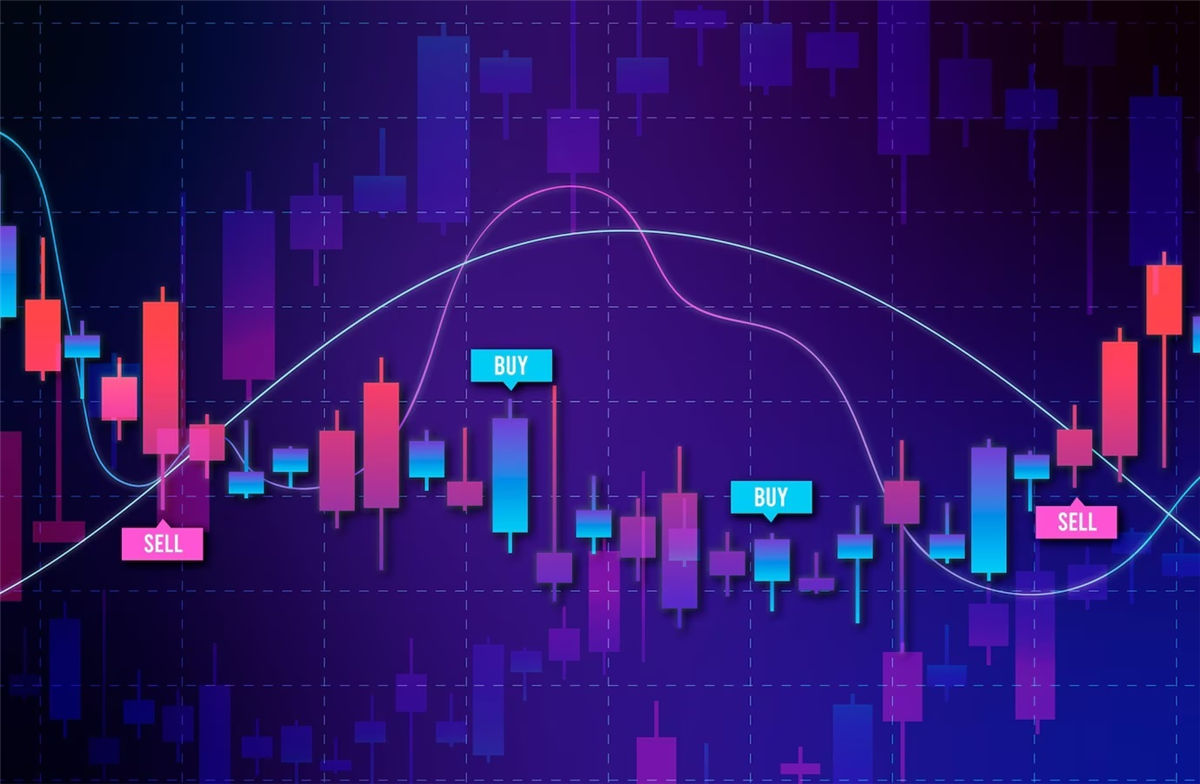
Index Trading: The Fundamentals Explained
So, what exactly is index trading? As the name suggests, an index is
essentially a measurement of a section of the stock market, measuring the price
performance of a group of shares from an exchange. For instance, the S&P 500
is a stock market index that tracks the United States' top 500 publicly traded
companies. With index trading, it enables investors the exposure to a broader
market without the need to buy separate stocks, making it a more convenient
option for people who do not have abundant resources, or the proficiencies
required in managing multiple products in their portfolio.
Furthermore, the rise and fall of index trading prices can be forecasted
without investors acquiring ownership of the underlying asset with contract for
difference (CFD). What is more is that index trading has a relatively higher
liquidity than most financial products in the market, where traders can spend
more trading hours and efforts, ensuring no opportunities are missed or
neglected to their capitalisations.

The Benefits of Index Trading: Why Is It a Must-Have in Your Portfolio
Now that you have a glimpse on the nitty-gritty in index trading, it is also
important to understand its advantages so that your trading experience can be
comprehensively enhanced. Here are some of the upsides:
Cost-Effectiveness: Compared to actively managed funds such as mutual
funds, hedge funds, and exchange-traded funds, trading indices often has lower
fees and expenses. This simply means that investors can enjoy more of their
returns, and even have more funds for their next investment plans.
Market Performance Reflection: As compared to trading in other financial
products, investors no longer need to rely on the performance of individual
companies in indices, since they can track and make full use of overall market
trends with higher efficiency.
Minimised Emotional Influence: It is often difficult for us to neglect
subjective influence in making investment decisions. However, in indices, it has
a more disciplined investment approach, signalling a set strategy to manoeuvre
through market fluctuations for consistent decision-making instead of emotional
reactions.
Open and Inclusive Trading: Index trading is accessible to both novice and
experienced traders, as platforms are equipped with user-friendly interfaces and
tools, making it easier for investors with distinctive financial literacies to
enter and exit positions.
Rich Diversification: "Don't put all your eggs in one basket" is one of the
golden rules in trading, and for indices, it offers investors the chance of
trading a broad range of products within the same investment. This not only
reduces the risk associated with individual stock volatility, but also gives a
better flexibility for changes in portfolios.

The Role of Technology: How Innovation Is Shaping Index Trading
Steering the ship steady in today's volatile market is no easy feat, which
makes innovative presences an indispensable element in traders' arsenals.
Algorithmic trading, cloud computing, data analytics platforms, high-frequency
trading, and quantitative analysis tools are just some of the vast technologies
deployed in the current ecosystem of index trading. They serve for the purpose
of creating new openings and challenges for traders and investors alike,
allowing them to stay ahead in the game and not missing a beat over the latest
industrial trends.
Looking ahead, technology is, and will continue, revolutionising the game for
index investors through various means. Significant changes such as those in
artificial intelligence and machine learning will pave ways for more informed
decisions and enhanced risk management, potentially leading index trading
enthusiasts to higher and sustainable returns. Besides, the blockchain
technology utilised in cryptocurrencies, which serve as the financial
counterpart to index trading, is poised to make a substantial impact on the
latter. It promises to broaden access to a diverse array of financial products
for them, fundamentally transforming the future of index trading and the
financial landscape.

Index Trading in Future
In conclusion, index trading stands out as a vital strategy for investors in
recent years and future, offering cost-effective access to market performance
and fostering diversification. As the financial landscape is everchanging,
traders can expect more game-changing ideas and insights to the index trading ecosystem, empowering them to navigate challenges and seize new opportunities
with confidence.
Disclaimer: This material is for general information purposes only and is not intended as (and should not be considered to be) financial, investment or other advice on which reliance should be placed. No opinion given in the material constitutes a recommendation by EBC or the author that any particular investment, security, transaction or investment strategy is suitable for any specific person.
